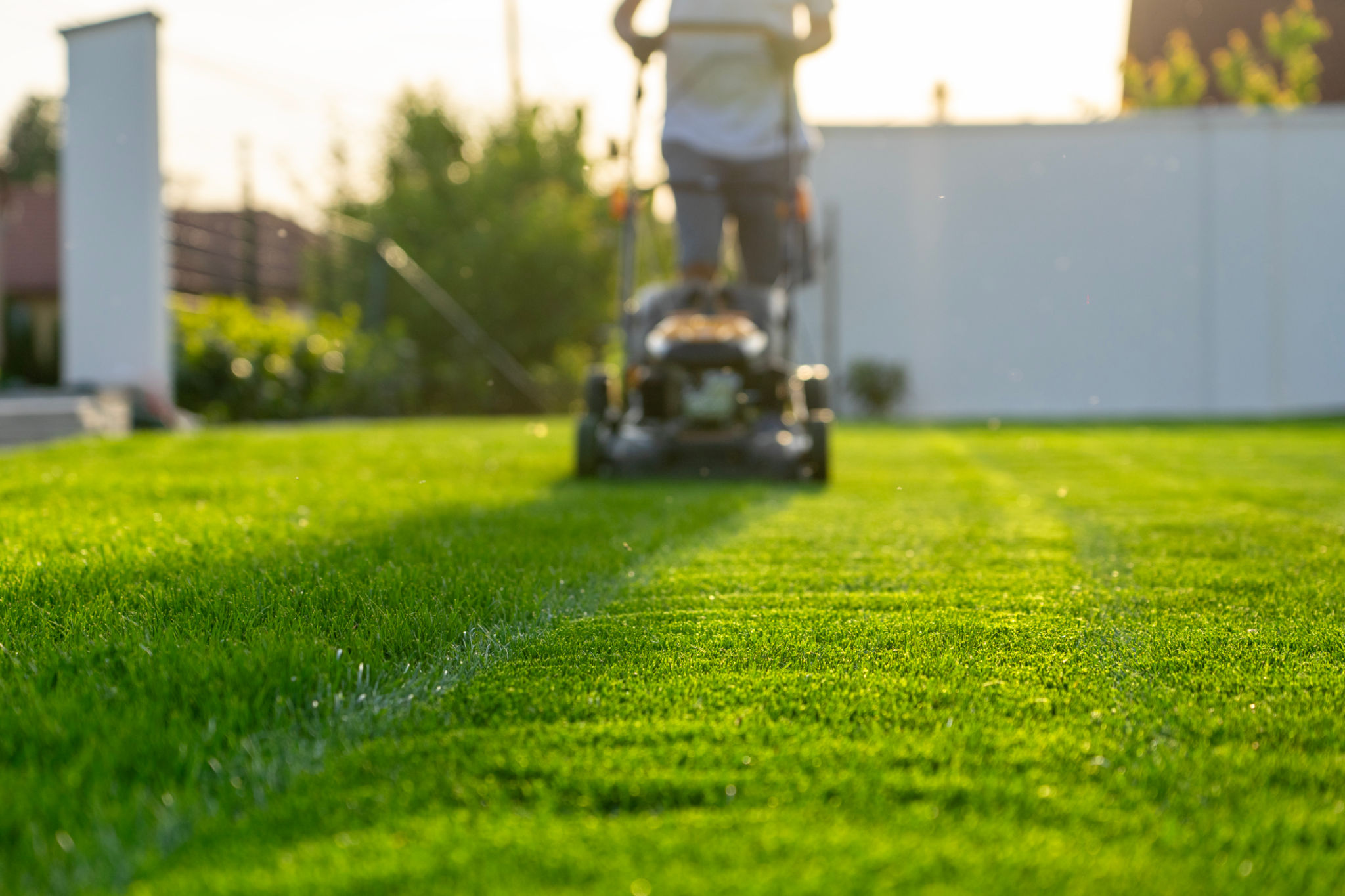DIY Lawn Care Tips: Maintaining a Green Thumb Landscape on a Budget
Understanding Your Lawn's Needs
Maintaining a lush, green lawn doesn't have to break the bank. By understanding your lawn's specific needs, you can tailor your care routine to be both effective and budget-friendly. Consider factors like soil type, grass species, and climate. These elements will determine the best practices for watering, mowing, and fertilization.

Water Wisely
Watering is a crucial part of lawn care, but it's easy to overdo it. Instead of frequent light watering, opt for deep and infrequent watering. This encourages deeper root growth and helps your lawn become more drought-resistant. It's best to water early in the morning to minimize evaporation.
Mowing Techniques
Proper mowing techniques are key to maintaining a healthy lawn. Keep your mower blades sharp to ensure a clean cut, which helps prevent disease. Avoid cutting more than one-third of the grass blade at a time, as this can stress the grass. Adjust your mower height according to the season; slightly higher in summer to shade the roots and lower in cooler months.

Nutrient Management
Fertilizing your lawn doesn't have to be expensive. Consider making your own compost with kitchen scraps and yard waste. This organic approach enriches the soil without synthetic chemicals. If you opt for store-bought fertilizers, choose a slow-release formula for long-lasting results.
Weed Control on a Budget
Weeds can quickly overrun a lawn if not managed properly. Manual removal is the most cost-effective method; however, if you're dealing with a larger infestation, look for homemade herbicide recipes using common household ingredients like vinegar.
Pest Management
Pests can also threaten the health of your lawn. Encourage natural predators like birds by installing birdhouses, or use DIY traps for grubs and other common pests. Staying vigilant and addressing problems early can save you money in the long run.

Seasonal Maintenance
Each season brings different challenges and opportunities for lawn care. In spring, focus on aeration and overseeding to promote new growth. Summer requires diligent watering and mowing practices, while fall is ideal for fertilization and weed control.
- Spring: Aerate and overseed
- Summer: Water deeply and mow regularly
- Fall: Fertilize and manage weeds
Cost-Effective Tools
Investing in quality tools can save money over time. Look for durable equipment that can handle various lawn care tasks. Consider purchasing second-hand tools or renting specialized equipment for occasional use.
By applying these DIY lawn care tips, you can maintain a beautiful landscape without overspending. A well-cared-for lawn not only enhances your home's curb appeal but also provides a welcoming space for outdoor activities.